Brahms reimagined
mainImages of the composer in his 30s, colourised by Hadi Karimi.
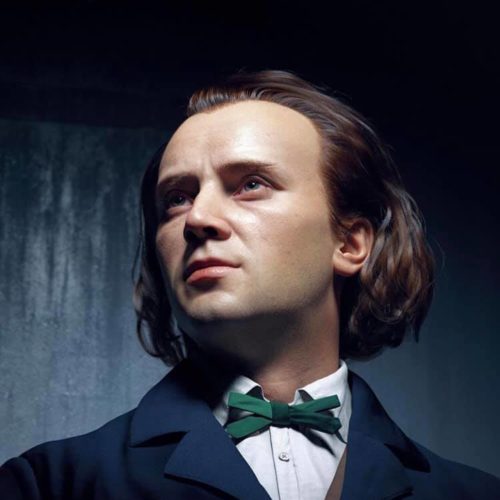

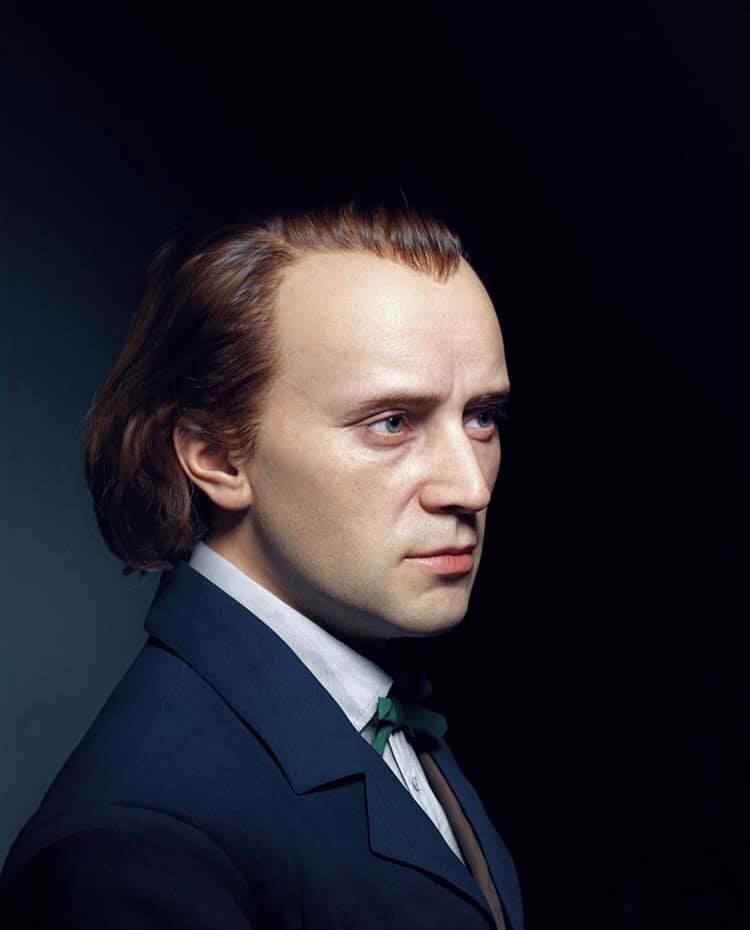
Review for slippedisc.com by Susan Hall: Asmik Grigorian,…
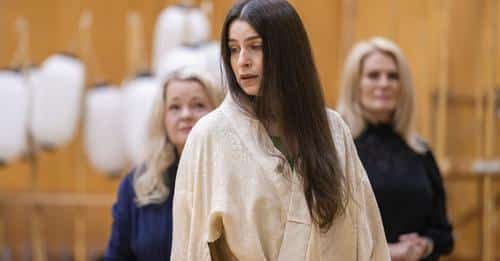
Tempted? DON CARLO (Giuseppe Verdi) – September 26,…

The New York Times obit for the late…
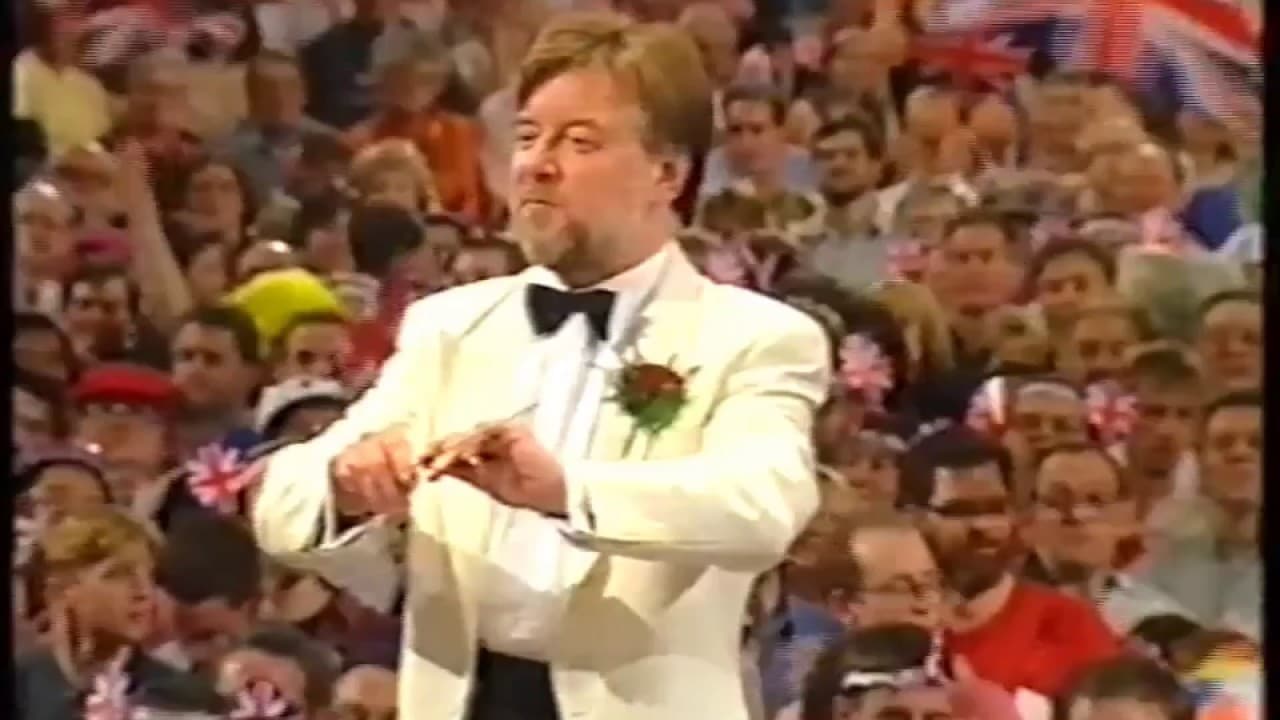
The English composer Robert Simpson, a BBC wage…
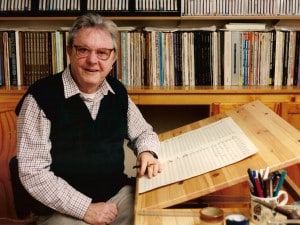
Session expired
Please log in again. The login page will open in a new tab. After logging in you can close it and return to this page.
Nice imaging work!
For anyone interested in colorizing your old B+W pics, try this:
https://imagecolorizer.com
Not the same results as the 2 in the above, but still good enough for your own family albums.
Thanks for that link. Just did one, amazing.
“Johannes always shaved before he went off to the brothel to play the piano” 🙂
and showered thoroughly after the gig!
Sebastian Macron
Her reminds me a little of Donald Tusk. Tusk, not Trump. Donald T-u-s-k.
Oh Lord… ! Looking forward to Liszt
Handsome bloke.
https://www.artstation.com/hadikarimi
See his website for Schubert and others.
Absolutely amazing.
Beethoven now please!
I never thought of Brahms — as opposed to his music — as “hott.” Thanks!
Tom Hiddleston portraying Brahms in a psychological thriller with the Schumanns?
How about Tom Hiddleston on a Brahms biopic?
Looks a bit like Johnny Depp!
Brahms only seems old, but he’s just an old soul, he died relatively young at 64, but had he lived to 80, he could’ve attended the premiere of Stravinsky’s Rite of Spring in 1913.
Brahms actually saw a manuscript of an early Schoenberg piece. Schoenberg adored Brahms and his G major String Sextet was the model for Schoenberg’s Verklaert Nacht. 12 tone composers, such as Milton Babbitt, also loved Brahms because of his amazing genius for structure and his ability to build upon a simple theme, much like the dodecaphonic method of building upon a tone row.
I have often pondered about Brahms’ living longer. In addition to Stravinsky he would have heard Schoenberg and the Viennese school, and also Debussy. The Brahms-Wagner divide puzzles me; Wagner hated Brahms but Brahms respected Wagner. Tchaikovsky hated Brahms’ 3rd symphony…my take on this is that he realized that he was second rate compared to Brahms.
The interest of 20C serial composers in Brahms’ music was purely structural, its spirit completely escaped them. Brahms’ enormous structural capacities were always in the service of a purely musical idea, never the other way around like Schoenberg’s later dodecacaphony and the products of its followers. Therefore the ingenious layers of relationships are never conspicuous.
Wagner merely disliked Brahms because the latter calmly refuted, with his music, Wagner’s theory that the symphonic form no longer offered any musical development. After Parsifal however, Wagner came around to see symphonic writing as a way – for himself – of escaping the unsatisfactory productions of his operas. Brahms loved Wagner opera’s except Tristan because of its hysterical chromaticism. (At his first attendance of a Tristan production, Brahms got so emotionally affected and upset that he had to leave the hall halfway – not because he hated it, but because it disrupted his emotional balance too much.) His favorite one was Meistersinger, to great irritation of Brahms’ friends who thought in terms of hostile camps. Wagner simply felt threatened by Brahms’ success and that not he, but Brahms was often considered as Beethoven’s heir. Very petty! They both were.
Tchaikovsky got along very well with Brahms as a person, they met a couple of times at music festivals and drank beer and avoided talking music. They liked each other as long as they forgot the music the other wrote.
Wagner was certainly petty but Brahms much less so. He never responded publicly to Wagner’s attacks. (He just left that to Hanslick). I can understand Brahms’ reaction to Tristan’s chromaticism. And I completely agree with him on Meistersinger being the pinnacle of Wagner’s work.
Brahms was also unique in being what we would describe as agnostic and by all accounts didn’t indulge in the typical Viennese anti-semitism.
Indeed…. Brahms had become a member of the Viennese Bildungsbuergertum, and loathed antisemitism. He was agnostic but later in life he lost the residu of religious faith he may have had, when he read Schopenhauer, being tricked by S’s brilliant but one-sided rationalism.
I’m reminded of something Gerald Moore once said about Elisabeth Schwarzkopf…
Looks like somethng out of Madame Tussauds – a bit like his music, actually.
Brilliant.
No wonder Schumanns were head over heels… Check out his Chopin, Liszt and Schubert if you haven’t already.
That’s it.
It’s José Carreras!
https://www.amazon.co.uk/Jos%C3%A9-Carreras-Memories/dp/B001N1ZUAA/ref=sr_1_39?dchild=1&keywords=Jose+Carreras+Decca&qid=1594748159&sr=8-39
This isn’t a mere colorization, this is a 3D model based on a photograph.